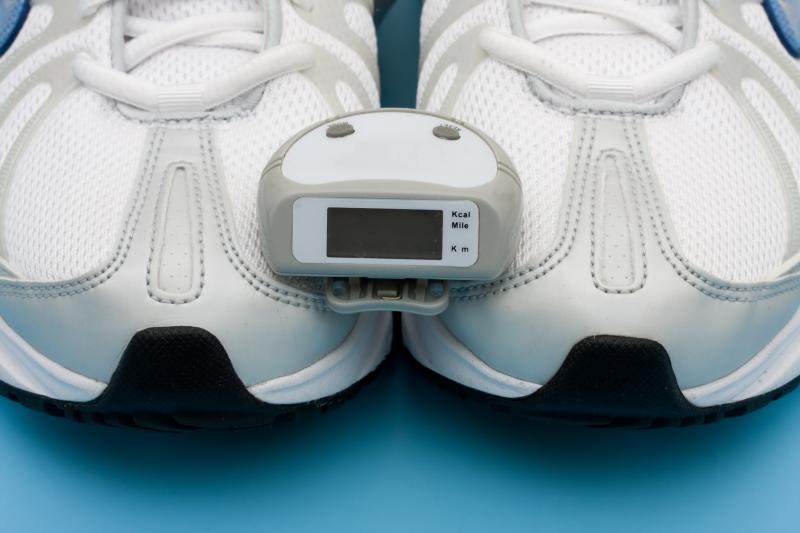
A short-term pedometer-based intervention helps promote walking and increase step count among dialysis patients, although the increase is not sustained, according to the results of a pilot trial.
The trial randomized 60 dialysis patients to an intervention utilizing a pedometer with weekly step goals (n=30) or usual care (n=30; control) for 3 months. The primary outcome was step counts. Secondary outcomes included physical performance using the Short Physical Performance Battery, the Physical Function and Vitality scales of the 36-Item Short Form Health Survey, the Dialysis Symptoms Index, and the Center for Epidemiologic Studies–Depression Scale.
Of the patients, 92 percent completed the study. Average daily steps at 3 months increased by 2,256 (95 percent confidence interval [CI], 978–3,537) in the intervention group vs the control group (p<0.001). Heart rate variability also went up by 14.94 (95 percent CI, 0.31–33.56) milliseconds in the intervention group vs the control group (p=0.05).
Symptoms, physical performance or endothelial function did not significantly differ in the two intervention groups. Notably, the improvement in baseline steps in the pedometer group reverted to baseline steps during the postintervention follow-up.
The present data suggest that pedometer-based interventions are feasible for dialysis patients, although future studies are warranted to establish whether more prolonged interventions can improve physical function or symptoms, researchers said.
The study had limited generalizability, as walking does not capture the full spectrum of physical activity, they added.